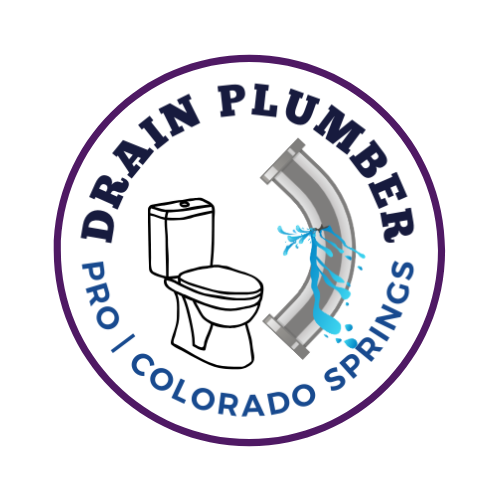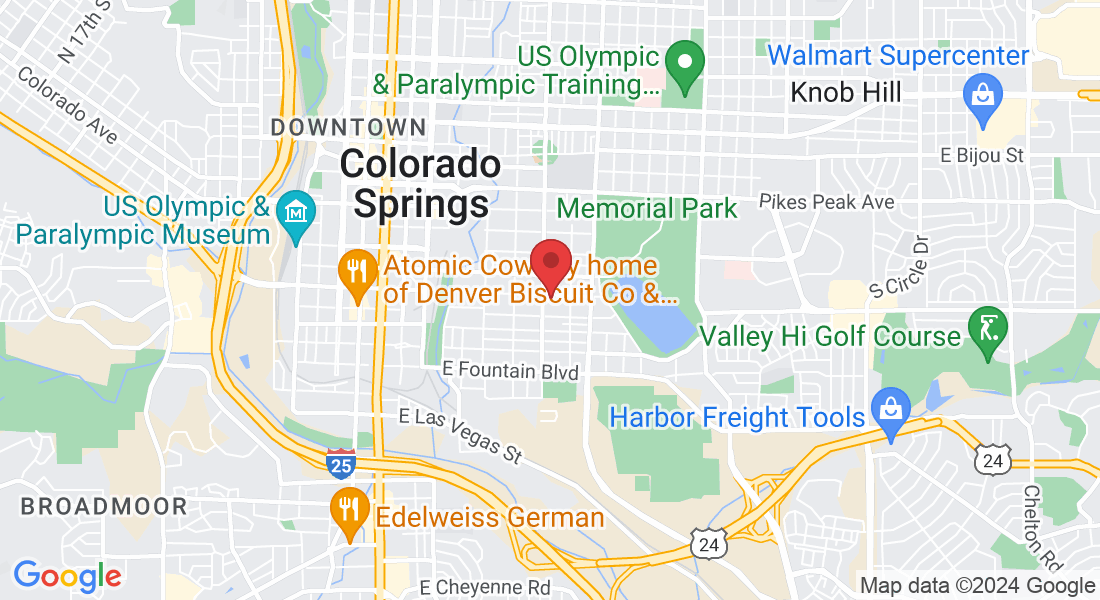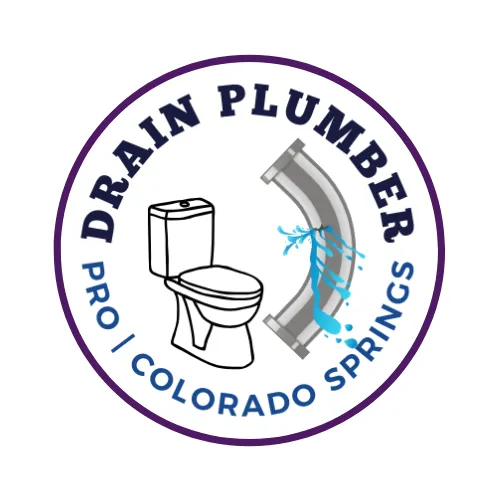Plumbing, Sewer, and Drain Experts Serving Colorado Springs, CO and Surrounding Areas
Delivering the best quality in every project that we are assigned to work on , while offering cost-effective services for the community of Colorado Springs community
SCHEDULING YOUR SERVICE WITH US IS EASY!!!
Colorado Springs Plumbing, Sewer, and Drain Services
Our mission is to deliver the best quality in every project that we are assigned to work on , while offering cost-effective services for the community of Colorado Springs, CO and surrounding areas.

Emergency Plumbing & Drain Services When You Need It
We also offer 24/7 emergency plumbing services, so you can always count on us to be there when you need us most. We are committed to providing our customers with excellent customer service and satisfaction guaranteed.
Got Plumbing Problems???
We've Got Plumbing Solutions!
Plumbing Services We Provide Include:
Drain Cleaning Services
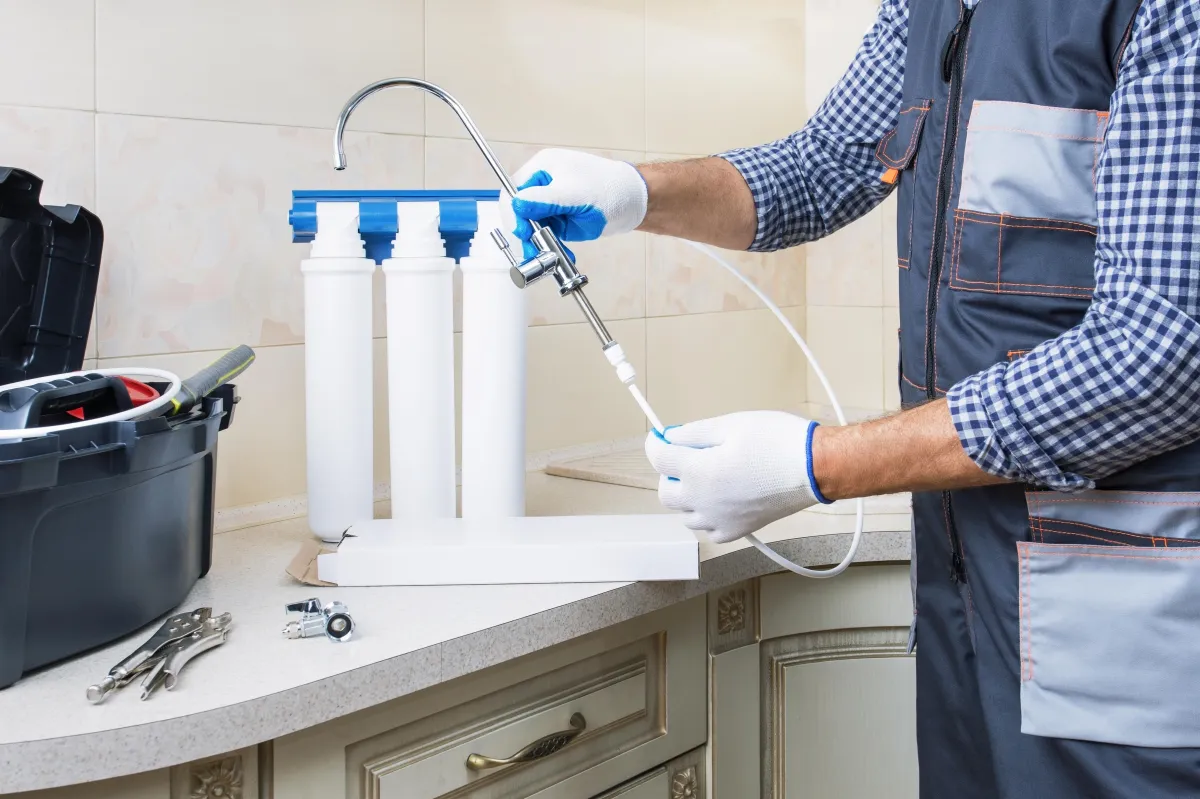
Don’t let a slow or clogged drain disrupt your busy day. Drain clogs build slowly, as debris accumulates inside the drainpipe. By the time the clog gets big enough to fully block the drain, you could end up with an overflowing sink or shower. It is best to call Drain Plumber Pros whenever you notice any change in the function of your drains.
Sewer Maintenance Services
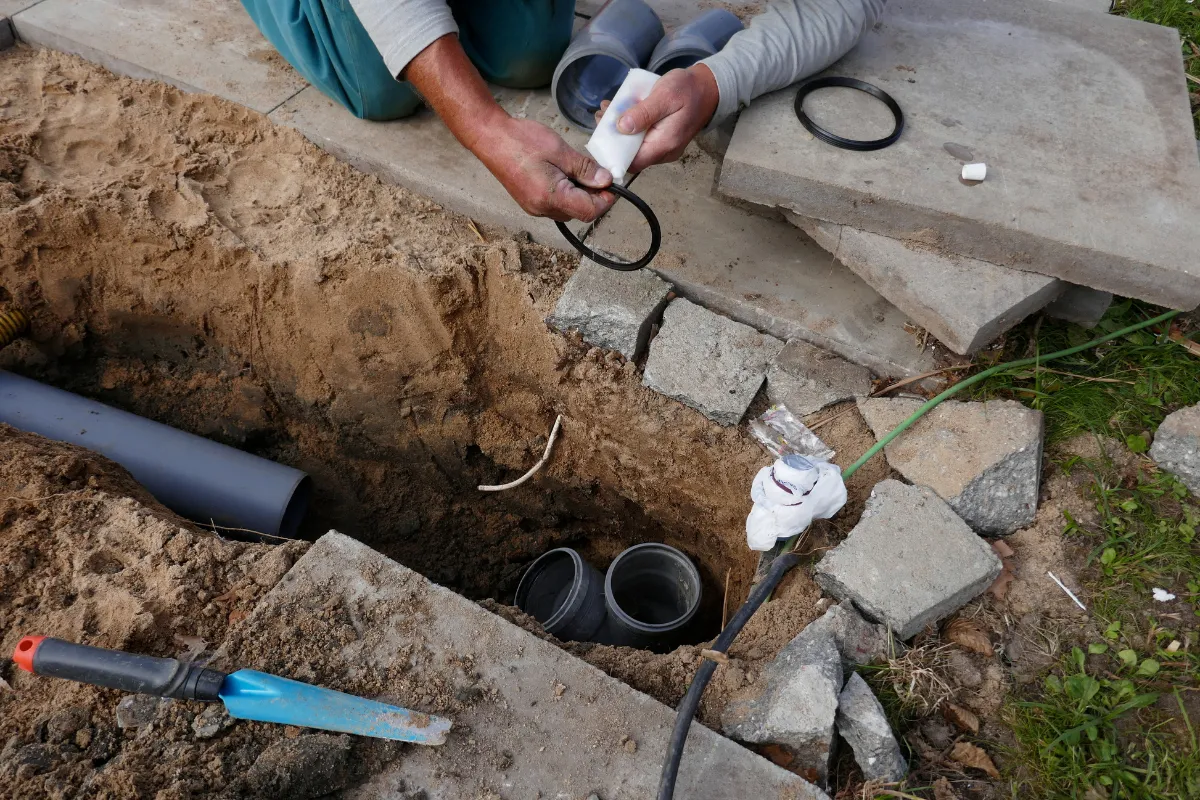
Many property owners might underestimate the pivotal role that routine sewer maintenance plays in upholding a healthy and visually appealing environment. While sewer systems are fundamental for property functionality, neglecting their care can lead to various issues.
Excavation Services
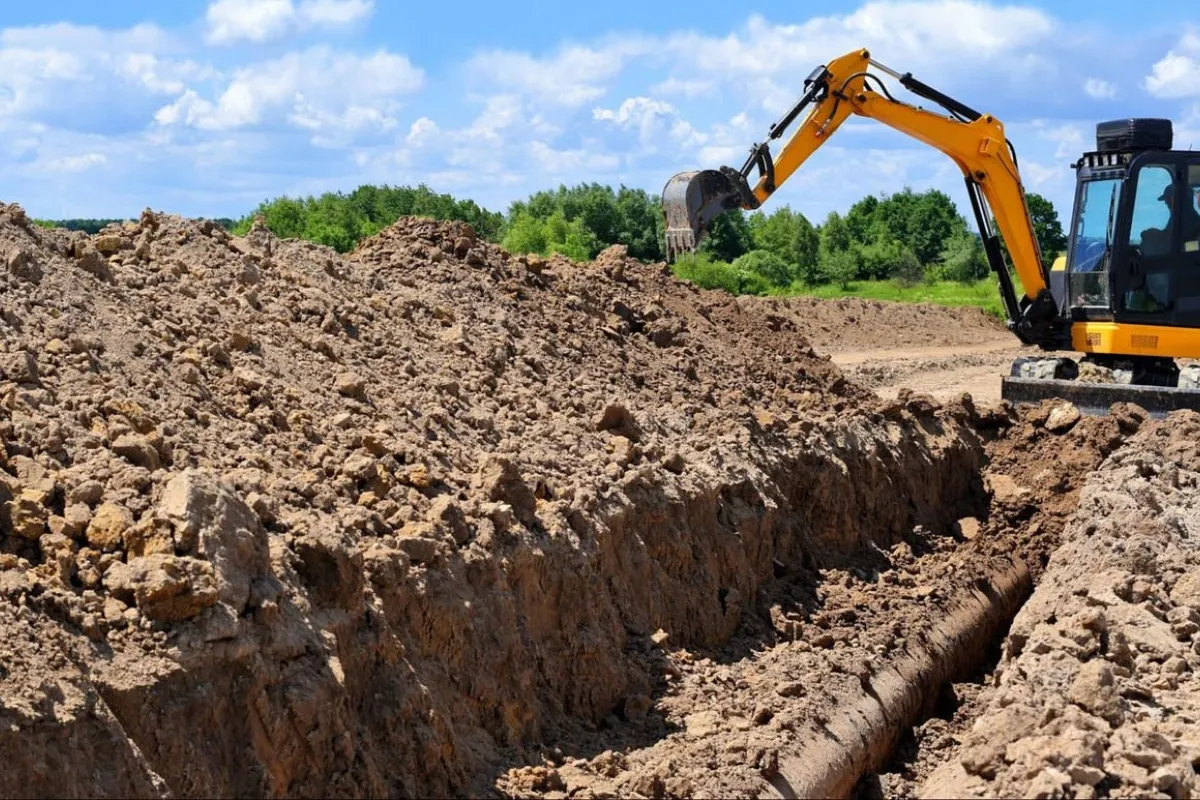
Dealing with underground utilities is a daunting task. Not only does it require trained plumbers for installation and repair, but it also often requires excavating service. This is where we step in as we can take care of not just your plumbing but excavation needs.
Drain Cleaning Services

Don’t let a slow or clogged drain disrupt your busy day. Drain clogs build slowly, as debris accumulates inside the drainpipe. By the time the clog gets big enough to fully block the drain, you could end up with an overflowing sink or shower. It is best to call Drain Plumber Pros whenever you notice any change in the function of your drains.
Sewer Maintenance Services

Many property owners might underestimate the pivotal role that routine sewer maintenance plays in upholding a healthy and visually appealing environment. While sewer systems are fundamental for property functionality, neglecting their care can lead to various issues.
Excavation Services

Dealing with underground utilities is a daunting task. Not only does it require trained plumbers for installation and repair, but it also often requires excavating service. This is where we step in as we can take care of not just your plumbing but excavation needs.
Hydro Jetting

Hydro jetting is the preferred way to remove clogs from your home or Commercial business drain line because it’s effective, thorough, and easy. However, as a homeowner, you may not know the warnings signs that your drains could benefit from hydro jetting services.
Commercial Services

Whether you are looking to install a new commercial plumbing system or you are in need of a repair, our plumbers have the experience and training to get the job done right. We offer a wide variety of plumbing services for businesses of all sizes and needs
Clogged Drains

Clogged drains are an inconvenient problem that can quickly become a serious threat to your home and your health if you don’t take timely action. When wastewater can’t run off, it will start overflowing in the drain, which can lead to standing water with organic waste and other contaminants in sinks, toilets, and showers. This poses a serious threat to your and your family’s health.
Hydro Jetting

Hydro jetting is the preferred way to remove clogs from your home or Commercial business drain line because it’s effective, thorough, and easy. However, as a homeowner, you may not know the warnings signs that your drains could benefit from hydro jetting service.
Commercial Services

Whether you are looking to install a new commercial plumbing system or you are in need of a repair, our plumbers have the experience and training to get the job done right. We offer a wide variety of plumbing services for businesses of all sizes and needs
Clogged Drains

Clogged drains are an inconvenient problem that can quickly become a serious threat to your home and your health if you don’t take timely action. When wastewater can’t run off, it will start overflowing in the drain, which can lead to standing water with organic waste and other contaminants in sinks, toilets, and showers. This poses a serious threat to your and your family’s health.
Drain Repair & Maintenance
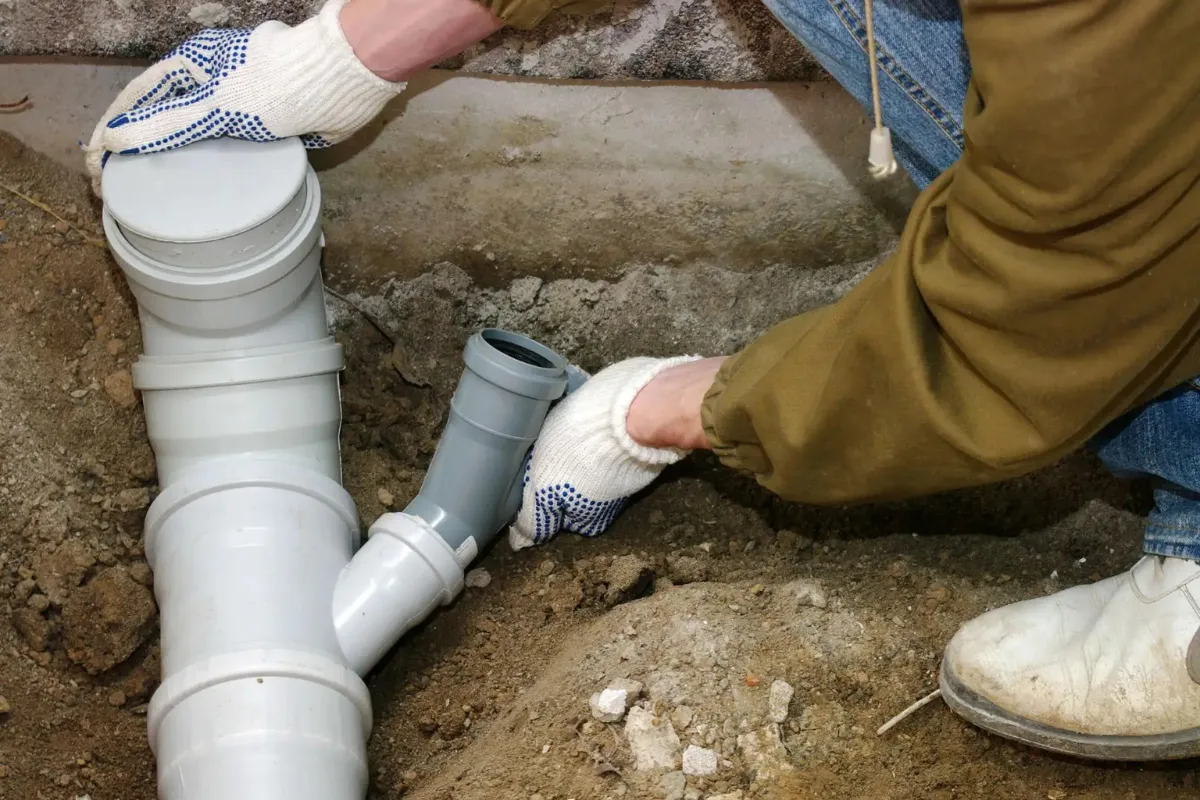
Many homeowners may overlook the vital role that regular plumbing maintenance plays in maintaining a healthy and aesthetically pleasing property. While plumbing systems are essential for property functionality, neglecting their care can lead to various issues. Overlooked plumbing problems pose safety risks, property damage, and impact the overall health of the plumbing system.
Flood Damage Services
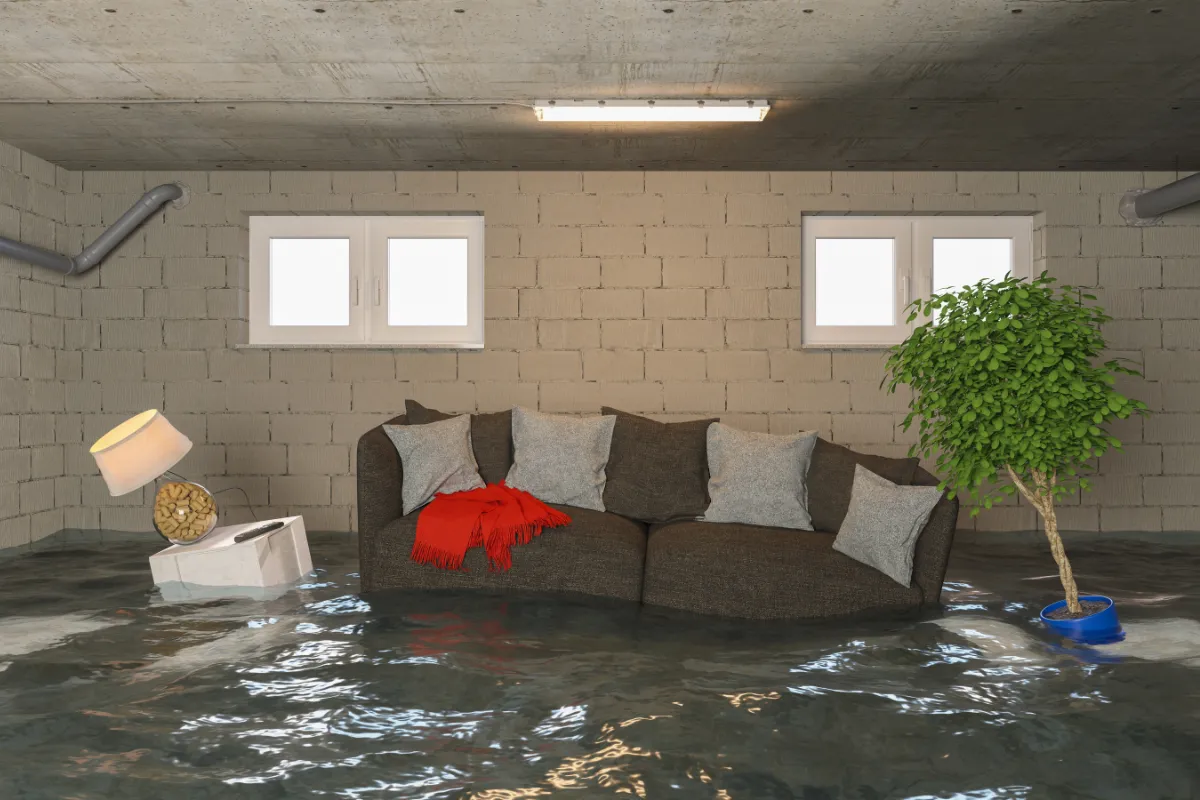
We provide complete service to make sure your property doesn't get mold in the future.
For any disaster restoration, water extraction and mold removal, Sewer Back Up Cleanup, Restoration, Mold Remediation Mold protection, Odor Protection, Basement Water Damage Clean up, Flood Control, Basement Water Extraction, Carpet Water Removal, Mold Mitigation & Remediation.... you can count on us.
Camera Inspections
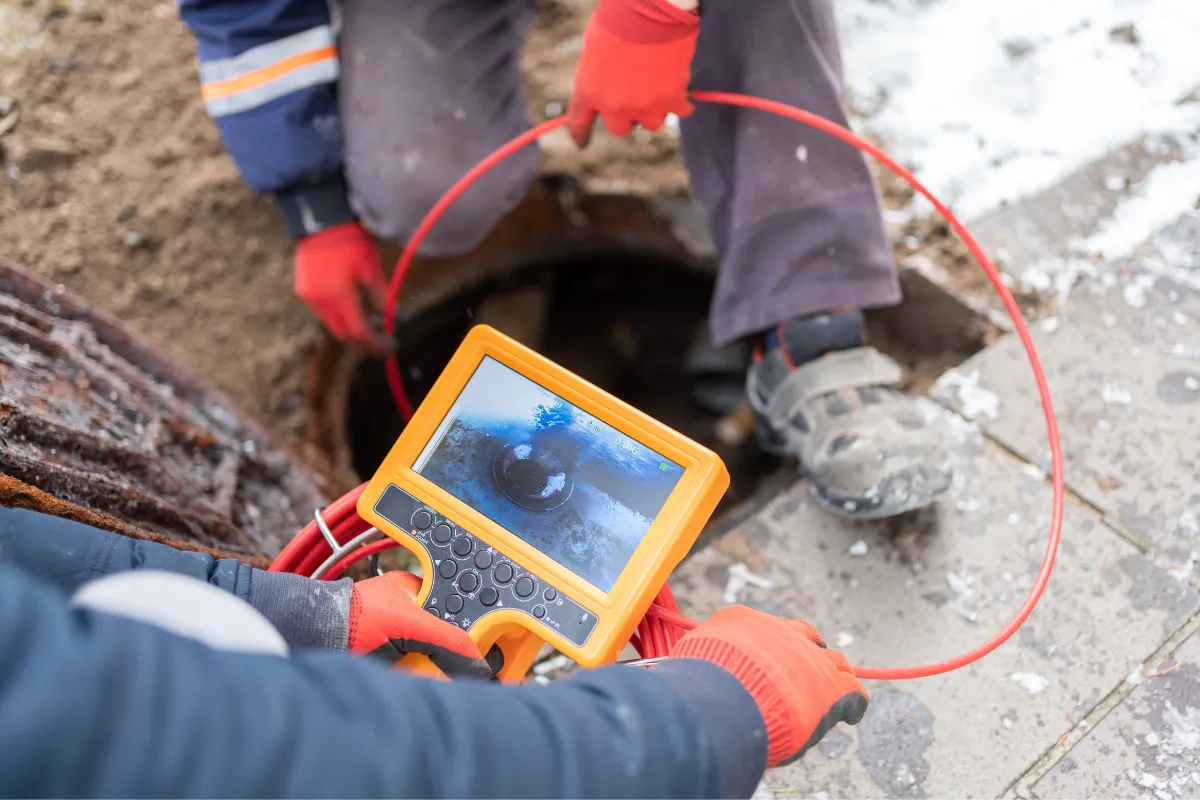
Homeowners and Businesses throughout the Colorado Springs area typically give us a call about their sewer drain video inspection needs whenever they suspect the signs of sewer drain issues.
A video assessment of your pipes doesn’t need to be scheduled every time your sink drains slowly. Sometimes, a simple cleaning or liquid drain cleaner is all that’s necessary to remove the blockage. However, in some cases, a drain video assessment may be required.
Drain Repair & Maintenance

Many homeowners may overlook the vital role that regular plumbing maintenance plays in maintaining a healthy and aesthetically pleasing property. While plumbing systems are essential for property functionality, neglecting their care can lead to various issues. Overlooked plumbing problems pose safety risks, property damage, and impact the overall health of the plumbing system.
Flood Damage Services

We provide complete service to make sure your property doesn't get mold in the future.
For any disaster restoration, water extraction and mold removal, Sewer Back Up Cleanup, Restoration, Mold Remediation Mold protection, Odor Protection, Basement Water Damage Clean up, Flood Control, Basement Water Extraction, Carpet Water Removal, Mold Mitigation & Remediation.... you can count on us.
Camera Inspections

Homeowners and Businesses throughout the Colorado Springs area typically give us a call about their sewer drain video inspection needs whenever they suspect the signs of sewer drain issues.
A video assessment of your pipes doesn’t need to be scheduled every time your sink drains slowly. Sometimes, a simple cleaning or liquid drain cleaner is all that’s necessary to remove the blockage. However, in some cases, a drain video assessment may be required.
FAQS
What should I do if I have a plumbing emergency?
If you have a plumbing emergency, such as a burst pipe or a clogged toilet that is overflowing, you should call a plumber immediately. Plumbers are trained to handle plumbing emergencies safely and efficiently.
How often should I have my drains cleaned?
It is generally recommended that you have your drains cleaned once a year. However, if you have frequent clogs, you may need to have your drains cleaned more often.
How can I fix a clogged drain?
There are a few ways to fix a clogged drain. You can use a plunger, a drain snake, or a chemical drain cleaner. If the clog is severe, you may need to call a plumber.
What Customers Are Saying


4.9 / 5
VIEW MORE OF OUR REVIEWS
Drain Plumber Pro is a Lifesaver!
I recently hired Drain Plumber Pro for drain repair services, and I'm extremely satisfied with their work. Their team was efficient, professional, and left my yard looking immaculate – I highly recommend them for anyone in need of top-notch plumbing services in the Colorado Springs area!
Derek B
Why Choose Drain Plumber Pro?


-OR-
Give Us a Call:
